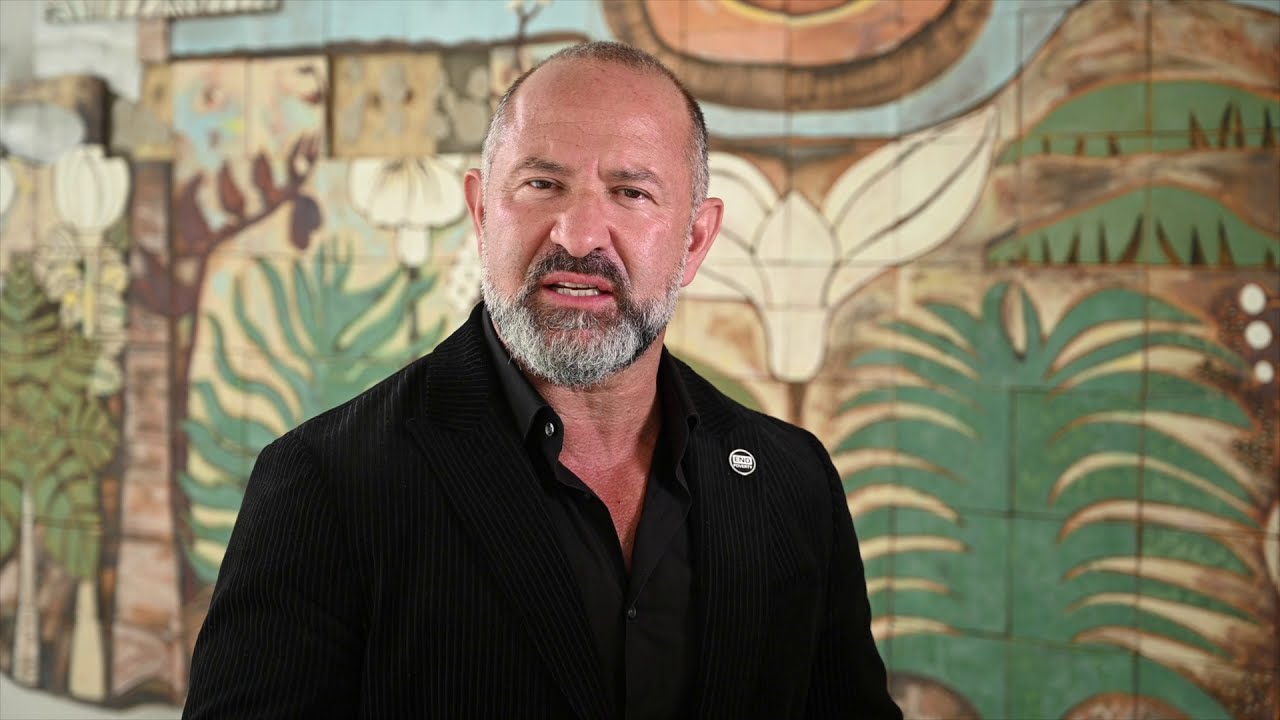In fact, Henkel was our first partner, and the first global consumer goods company to join forces with Plastic Bank. Following the achievements of our partnership launched in 2017, we recently decided to extend our partnership by another 5 years. As part of this extension, Henkel will continue to support ongoing projects in Haiti, the Philippines and Indonesia, while contributing to the development of infrastructure for more than 400 Plastic Bank collection points in Egypt. In 2020 alone, Henkel will help integrate more than 600 tons of the recycled material – called Social Plastic® – in its product packaging.
One way we’re driving a circular economy with Henkel is through the activation of dedicated waste collection centers in regions affected by plastic pollution. These dedicated centers serve as areas where local communities can return collected plastic waste and exchange it for basic family necessities such as groceries, cooking fuel, school tuition, and health insurance.















